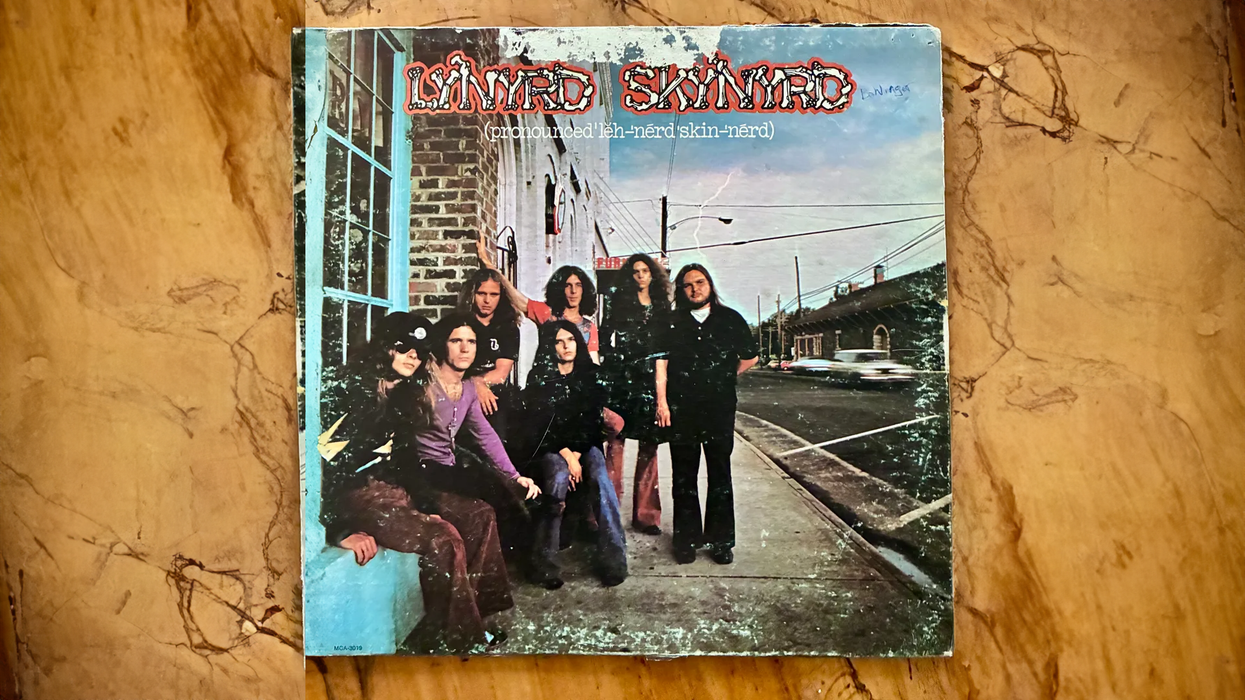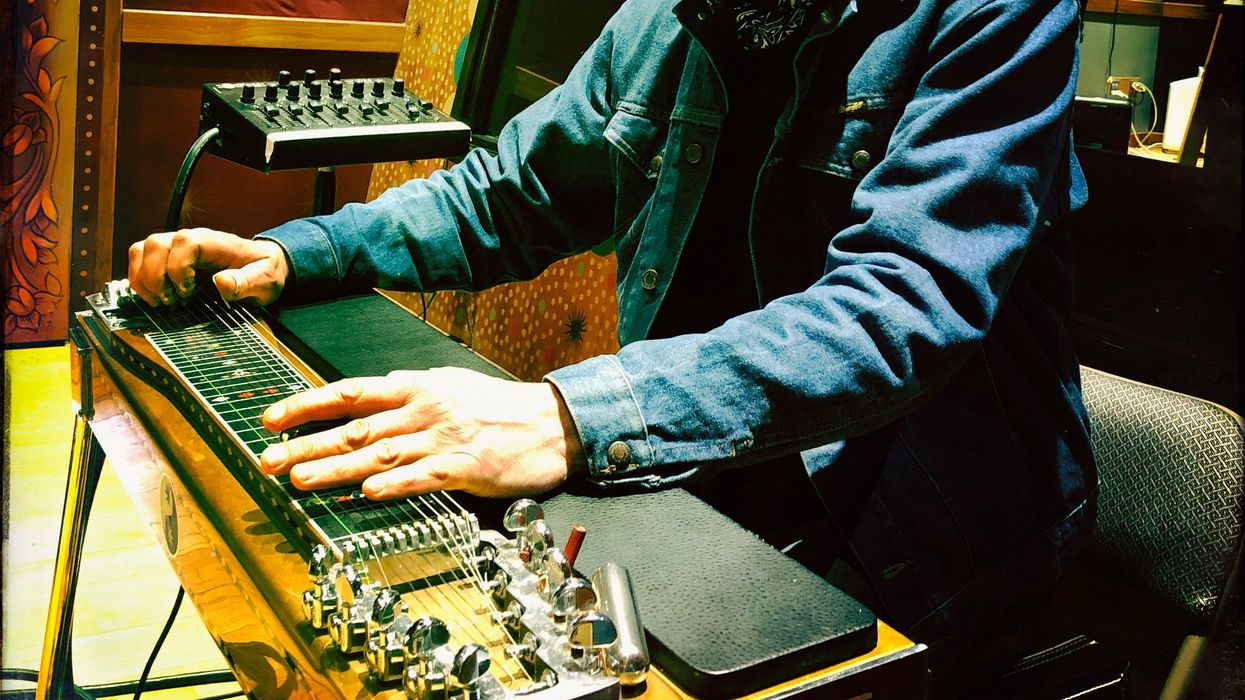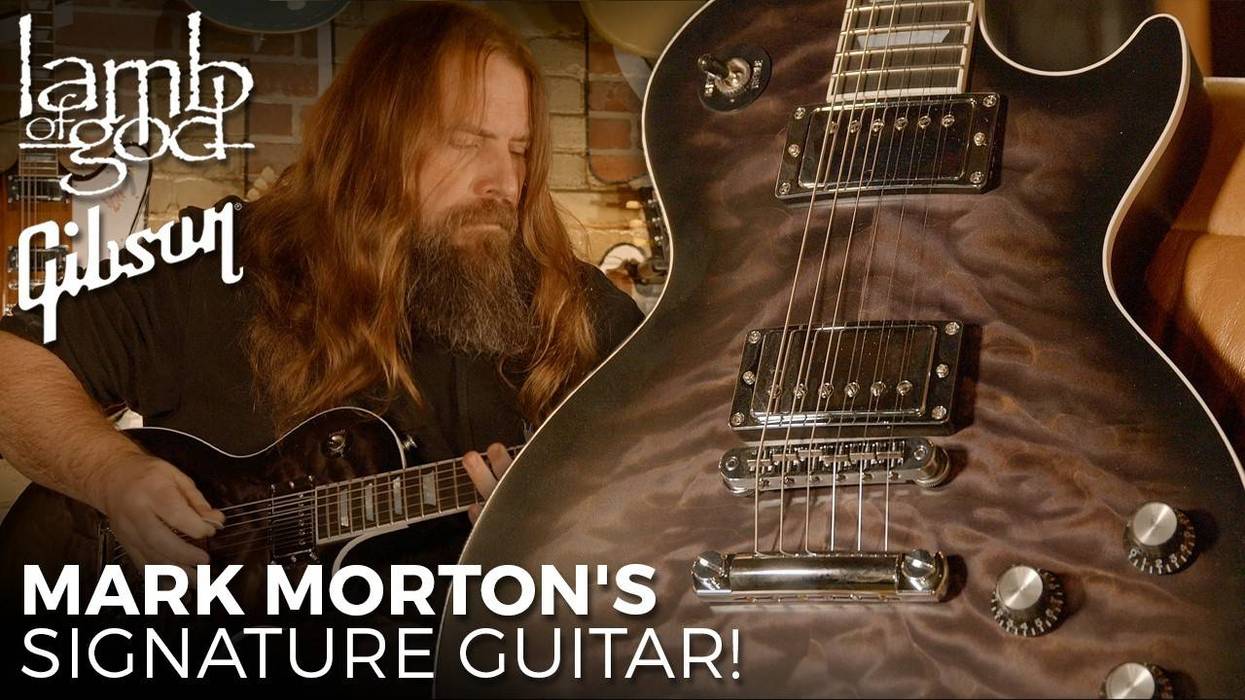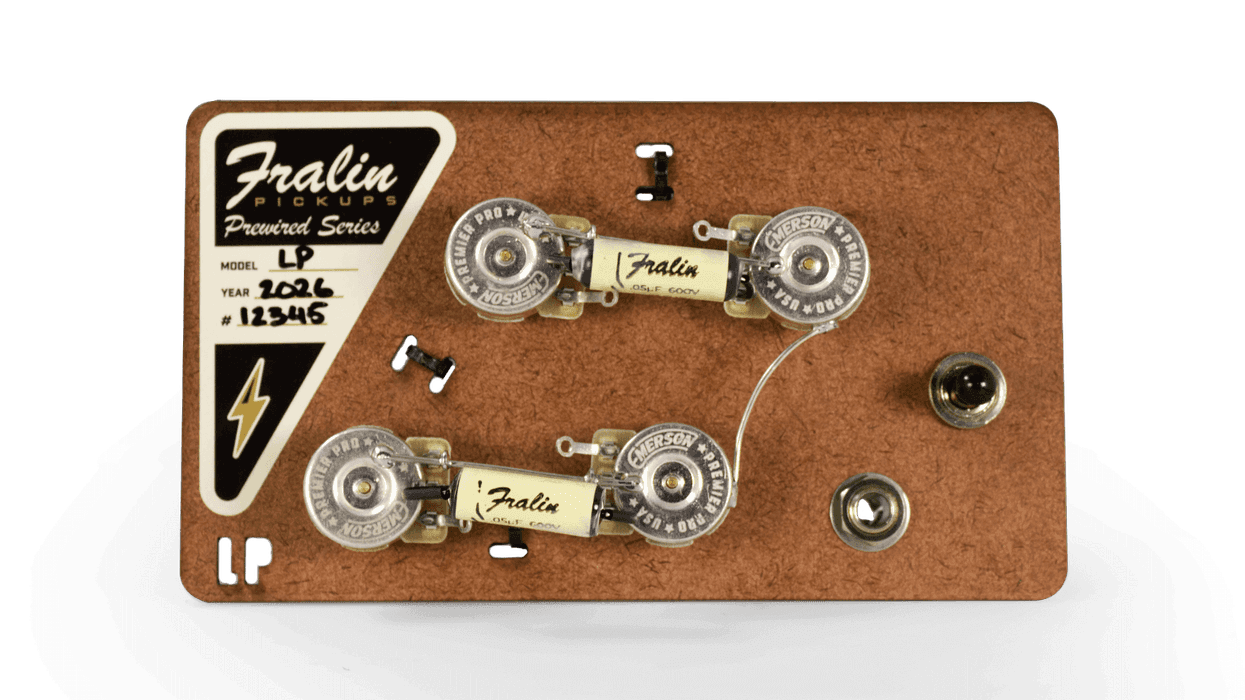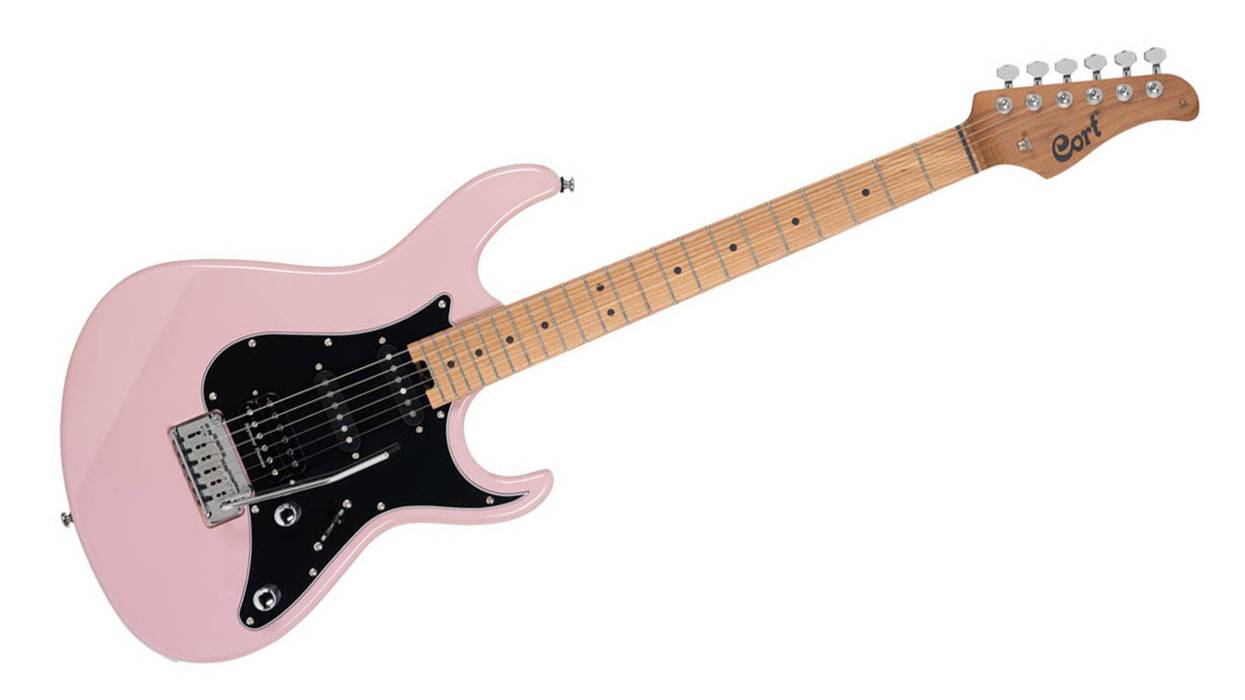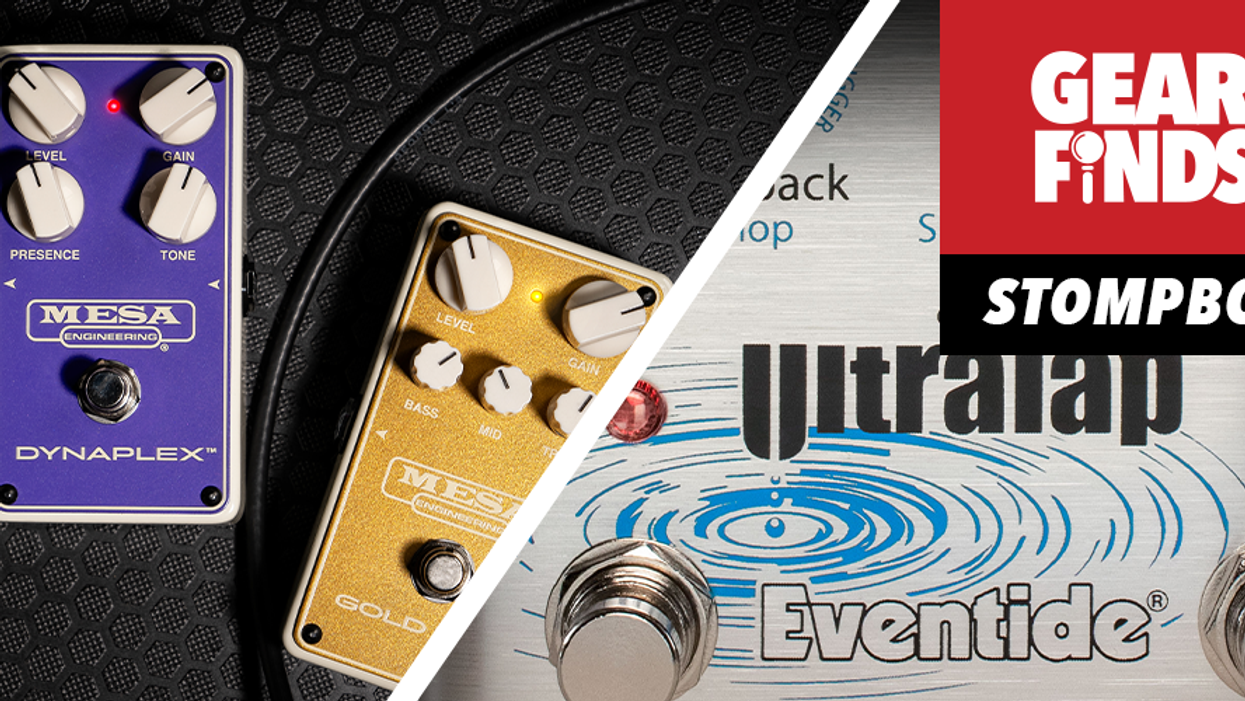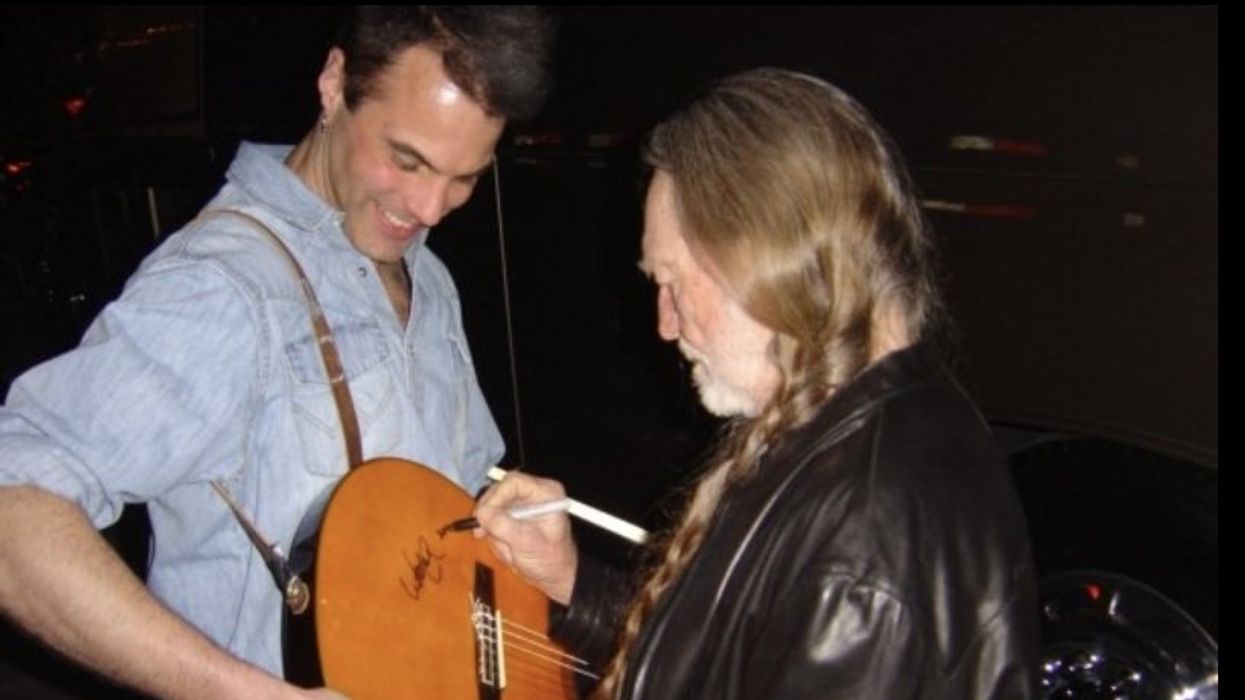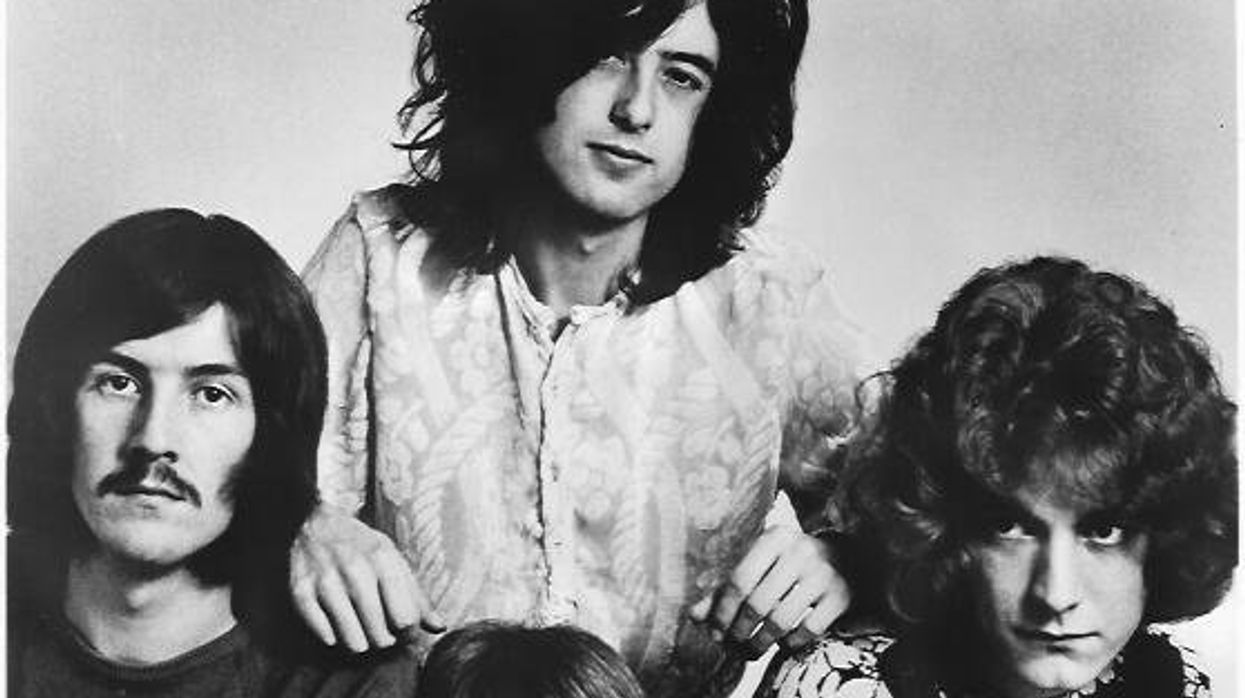Life is like an Impressionist painting: You look too close and it’s just confusing, blurry blobs of paint, all textured and ugly. Stand back and all those unsettling, seemingly random clumps become Monet’s Water Lilies. That’s why I’m a big picture guy … or at least I try to be.
But I’ve noticed something in myself as well as fellow musicians. We tend to look too closely at music and totally miss the big picture. Por ejemplo, I suspect musicians rarely enjoy live music as much as civilians do. Go to a show with non-players. They bob their heads, sway, bounce, dance, then they start shouting and shaking their fists and applauding like their hands are on fire. We stand there mostly stone-faced, watching and making notes in our heads.
We listen critically while the normals are letting music flow over them like a mighty river of groove and emotion. As I write this, I just remembered a college class I took called “Critical Listening,” where the prof put on records and we talked about what we didn’t like about them. (How stupid is college, right?) Maybe I chose the class because it sounded like an easy “A,” but the fact is, musicians do listen critically. I would much rather play music for the normals than for our nerd herd any day.
Ever notice that when another guitar player watches you play, they’ll say, “nice tone” or “cool 335,” but they rarely say anything about the actual notes? I think we musicians tend to be a bit socially awkward by nature, but this is beyond that. I suspect guitar players get caught up focusing on the details and miss the performance.
When I listen, I find myself tracking the groove, wondering if they’re rushing or if my internal clock is dragging. Or I’m counting and subdividing the beat or trying to guess how a guitar part is being played. If it’s a live show, I’m critiquing the mix and studying gear and comparing tones of different instruments. Joe and Jan 12-Pack sitting next to me can’t tell and don’t care if they’re hearing a Les Paul or a Strat—they’re too busy connecting to the Universe through music. Meanwhile, we guitar nerds are wondering what kind of overdrive pedal the guitar player is using.
I know every inch of my main guitars. I love them about as much as one can love an inanimate object without being creepy.
I wasn’t always this way. From 4th grade through 9th, I played in the school orchestra. I loved music but had no real feelings for my personal instrument. Although I played it five days a week, I’m not sure I could’ve picked my violin out of a lineup of 25 violins. It was just a tool for music that I had to be careful with because my parents would be pissed if I broke it.
Now I know every inch of my main guitars. I love them about as much as one can love an inanimate object without being creepy. I’m not as deeply invested emotionally with my amps, pedals, etc., but I waste even more time on them. I’ll have a night open where I’m just going to play guitar but instead spend hours just swapping pedals or tweaking my amp and auditioning different gear rather than actually playing.
These lost evenings are rarely satisfying. Whatever pedal/amp combination I settle on at 1 a.m. never sounds as good to me the next day at the gig. If I’m not actively tweaking my amp and pedals, I’m wondering if I should be. I catch myself on these late-night tone-quest obsessions and I try to talk myself down, thinking “this is ridiculous, just stop, go to bed.” But then I lie down, close my eyes and imagine myself changing pickups in a guitar. My obsessions seem a tad crazy. However, the fact that you’re reading a guitar rag suggests you can relate. Passion makes life worth living, but obsessions aren’t fun. They’re a compulsive preoccupation.
Examine anything critically and you’ll see what’s wrong with it. You can stare at da Vinci’s Mona Lisa and feel its power, or you can wonder why she doesn’t have eyebrows and miss the real experience. Similarly, you can listen to Jimmy Page’s isolated guitar track from “Ramble On” and shake your head at the timing and intonation or you can crank up the full song and be transported to a different world.
I’ve been trying to apply a “Big Picture” mindset to everything. When I look at my life too closely, at times it can easily be mistaken for a train wreck. But when I pull back, I see how all the jagged pieces of this beautiful catastrophe fit together perfectly even as they’re falling apart. It’s miraculous. Focus on the minutia, and you’re missing the best part.





